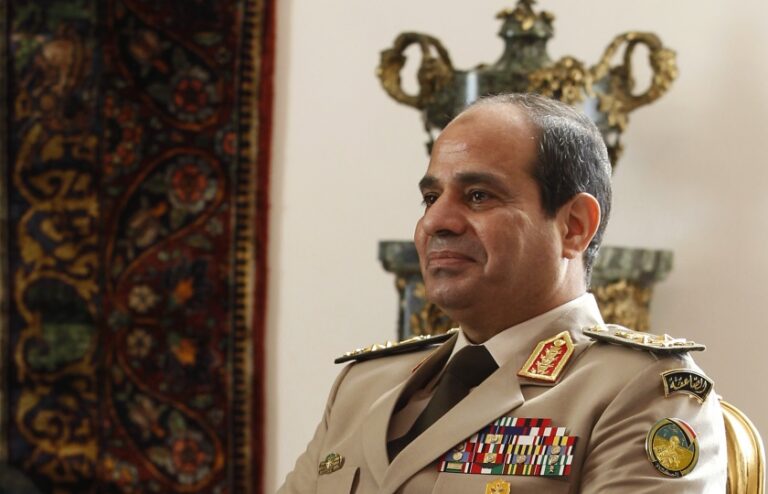Talk of a reconciliation initiative in Egypt has returned after more than a year. Hassan Nafaa, a professor of political science at Cairo University, called for a comprehensive community reconciliation in Egypt that begins with the release of all political detainees along with other measures taken by the Egyptian authorities to confront the emerging coronavirus. This new initiative tries to take advantage of the new conditions imposed by the spread of the coronavirus in the country and in the world at large, to achieve any breakthrough or achievement on this issue which has not made any progress for seven years. But that initiative did not bring anything new, or provide any clear rules, with the exception of its dependence on the coronavirus, which sparked widespread suspicions that the coronavirus alone would be sufficient reason for this reconciliation to take place. Nafaa said on Twitter: “What Egypt needs most now, along with urgent measures to confront the coronavirus epidemic, is comprehensive societal reconciliation.” He added that it must begin with the release of all political detainees who were not accused of a weapons related crime, but that the current government cannot think outside the box, according to Nafaa’s statement. This initiative comes amid the demands of human rights associations to release the political detainees, which the regime has been completely silent on. However, on March 20 this year, Egyptian authorities decided to release 15 political activists, including Hassan Nafaa and others.
The Supreme State Security Prosecution (SSSP) did not clarify the reason for their release, but the decision came after many calls to reduce prison overcrowding as a precautionary measure against coronavirus. Nafaa described in a previous tweet his experiences of being in detention: “The hardship of the prison, and its cruelty, will only increase my insistence on the truth and the performance of the duty towards the homeland.” Nafaa was arrested on September 24 2019 as part of a wide campaign of arrests during rare protests called for by the artist and former army contractor, Mohamed Ali.
Over the years following the military coup in the summer of 2013, several initiatives were launched that called for political reconciliation in the country and the release of detainees. The 2014 Egyptian constitution stipulated the enactment of laws for transitional justice and comprehensive community reconciliation in the first session of the parliament, but this has never happened. In April 2019, constitutional amendments to the 2014 constitution were passed. Among those amendments were articles on transitional justice, but those on inclusive community reconciliation were deleted. Egyptian legal experts say that the Egyptian parliament violated the constitution and did not pass laws on transitional justice or societal reconciliation, at the request of General Abdel Fattah al-Sisi. In 2019, those articles were completely removed from the constitution, in order to address accusations of violating the constitution. Since then, no political or societal reconciliation initiatives have emerged. Before that date, dozens of initiatives were launched, but they all failed, either because authorities weren’t interested or the opposition refused.
Optimistic opponents say that this initiative may represent a good way out for the Egyptian regime and one that allows an end to the crisis in the country because of coronavirus. The regime may use it to build an image for itself as a humanitarian regime, which pardoned its opponents in order to save their lives. However, observers completely exclude that, and state that the Egyptian regime has consistently ignored all the initiatives that called for the release of the detainees. While some optimists consider that the release of Hassan Nafaa and the other 15 detainees is an indication by the regime of the possibility that detainees will be released, it is worth noting that these released numbers are such a tiny percentage of the 60,000 detainees in Egyptian prisons, the figure according to estimates of human rights organisations.





Recent Comments